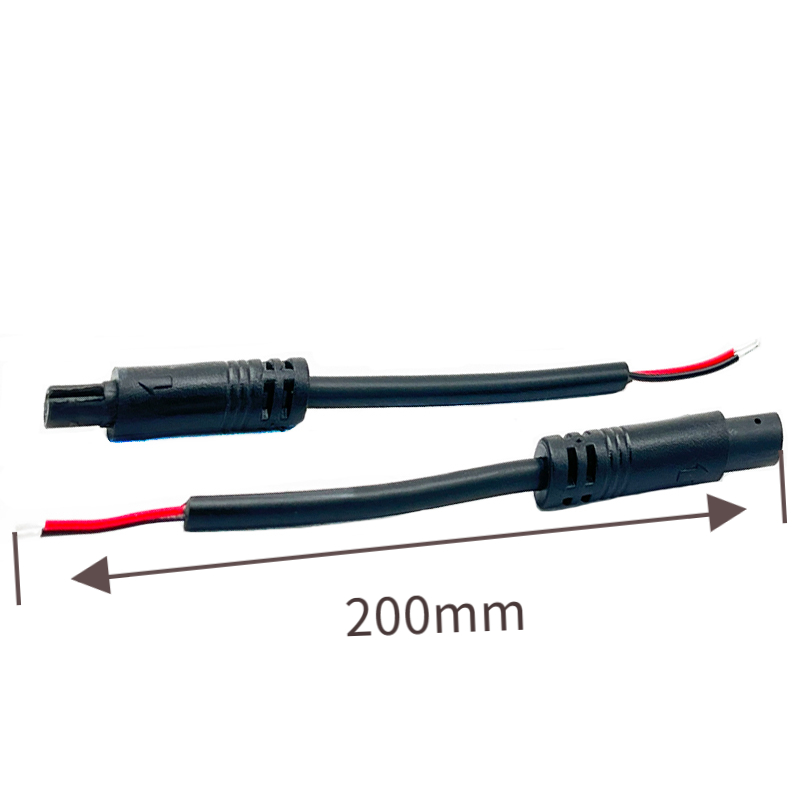News


News

Decoding IP67/IP68 Standards: Practical Implications for Waterproof Connectors in Automobiles
Release time:2025-05-30
viewed:433
The automotive industry's increasing electrification demands robust waterproof connectors for automobiles that withstand harsh environments. While both IP67 and IP68 represent advanced protection levels, their implementation differences significantly impact vehicle design and performance.

IP67-rated waterproof connectors for automobiles guarantee 30-minute submersion at 1-meter depth, sufficient for most road splash and car wash scenarios. In contrast, IP68's manufacturer-defined parameters (typically deeper/longer immersion) cater to extreme cases like flooded engine bays or submerged sensors in off-road vehicles.
To achieve IP68, waterproof connectors for automobiles often employ:
Multi-stage silicone seals with compression locks
Laser-welded polymer housings
Gold-plated contacts with hydrophobic coatings
These enhancements increase production costs by 15-20% compared to IP67 variants.
IP67 Dominates in:
Interior cabin electronics (infotainment, USB ports)
Under-hood components not exposed to direct water jets
Low-voltage signal transmission systems
IP68 Proves Essential for:
Battery management systems in electric vehicles
Chassis-mounted sensors for autonomous driving
Charging ports exposed to weather extremes
The superior sealing of IP68 waterproof connectors for automobiles complicates field repairs—specialized tools and trained technicians are required to maintain integrity after disassembly. IP67's simpler gasket designs allow easier maintenance but may require more frequent inspections in high-vibration areas.
Emerging nano-coating technologies may bridge the cost-performance gap between IP67/IP68 waterproof connectors for automobiles, with preliminary tests showing IP67+ coatings delivering IP68-like protection at reduced thickness.
Selecting between IP67 and IP68 standards for waterproof connectors in automobiles requires balancing cost, environmental exposure, and lifecycle requirements. While IP68 offers superior protection, many applications find IP67's balanced performance more economical.